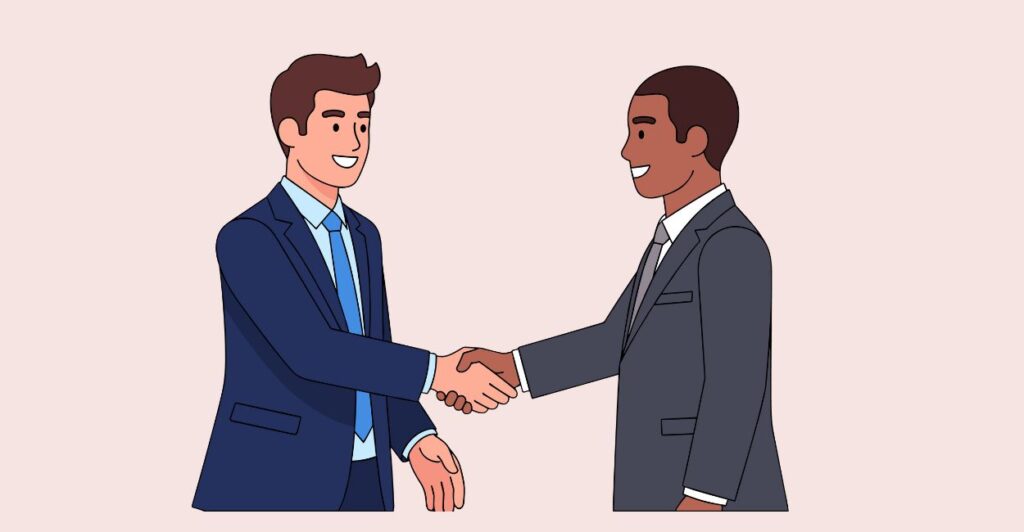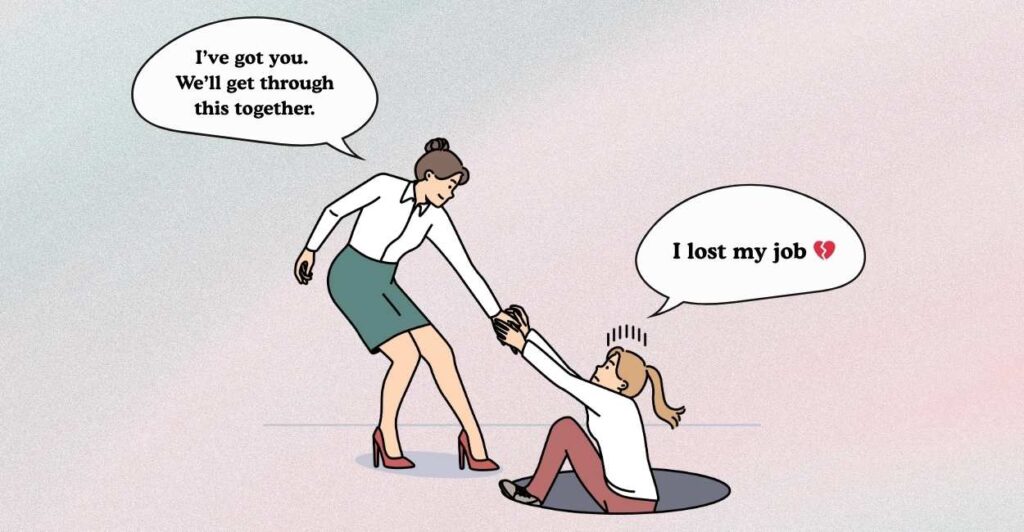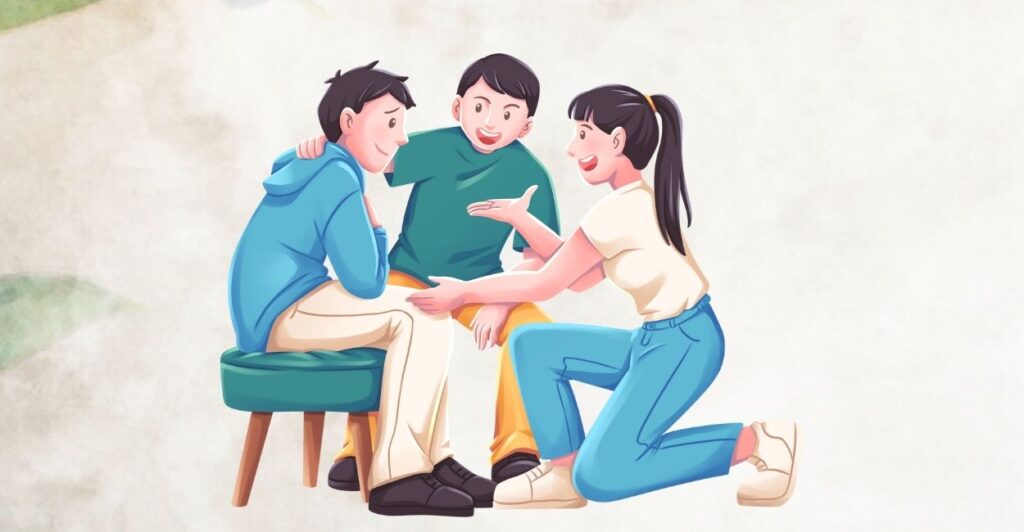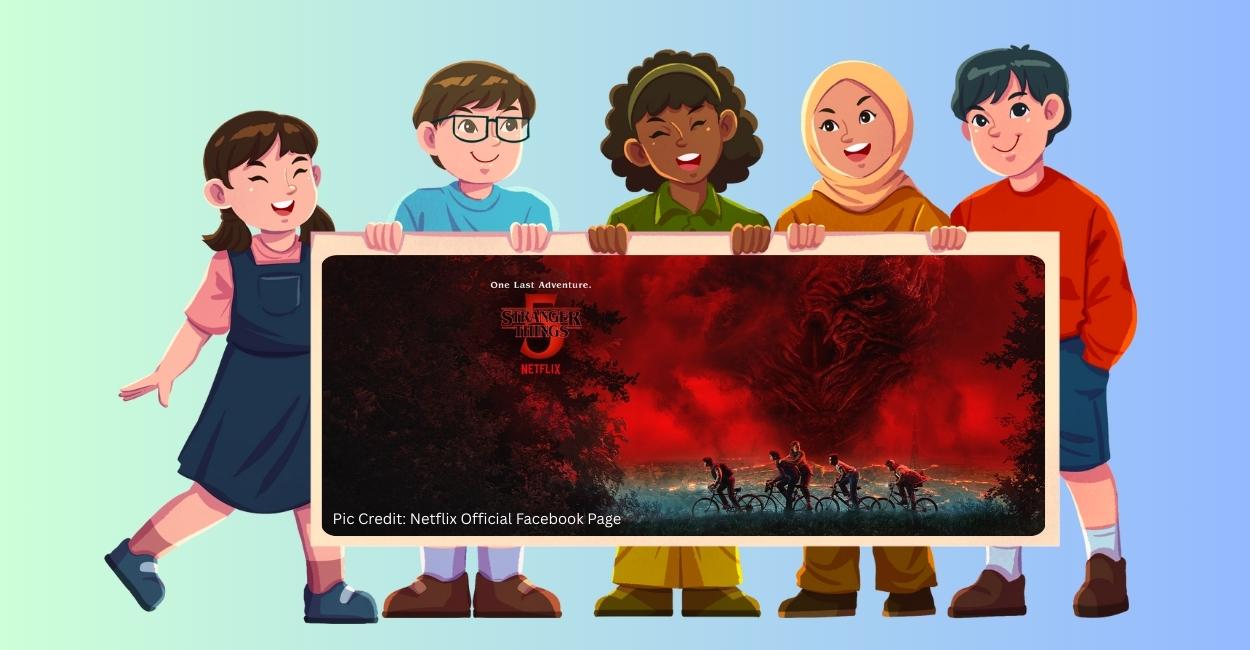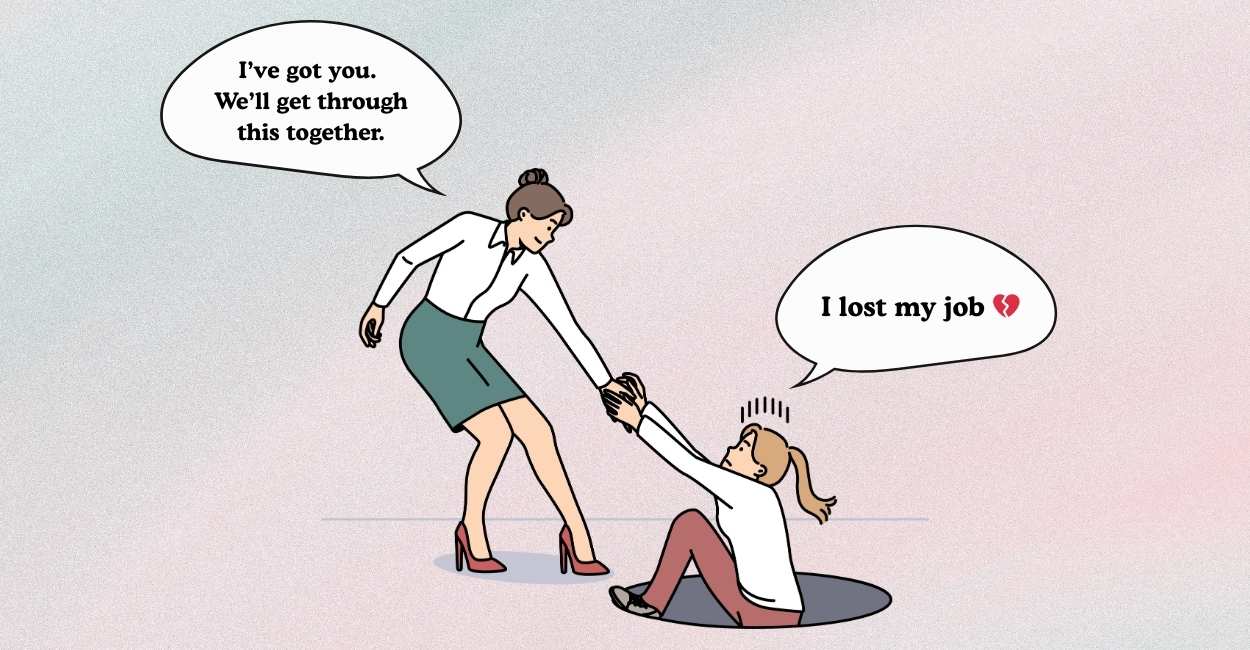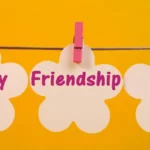Codependent Friendship – How to Handle It?
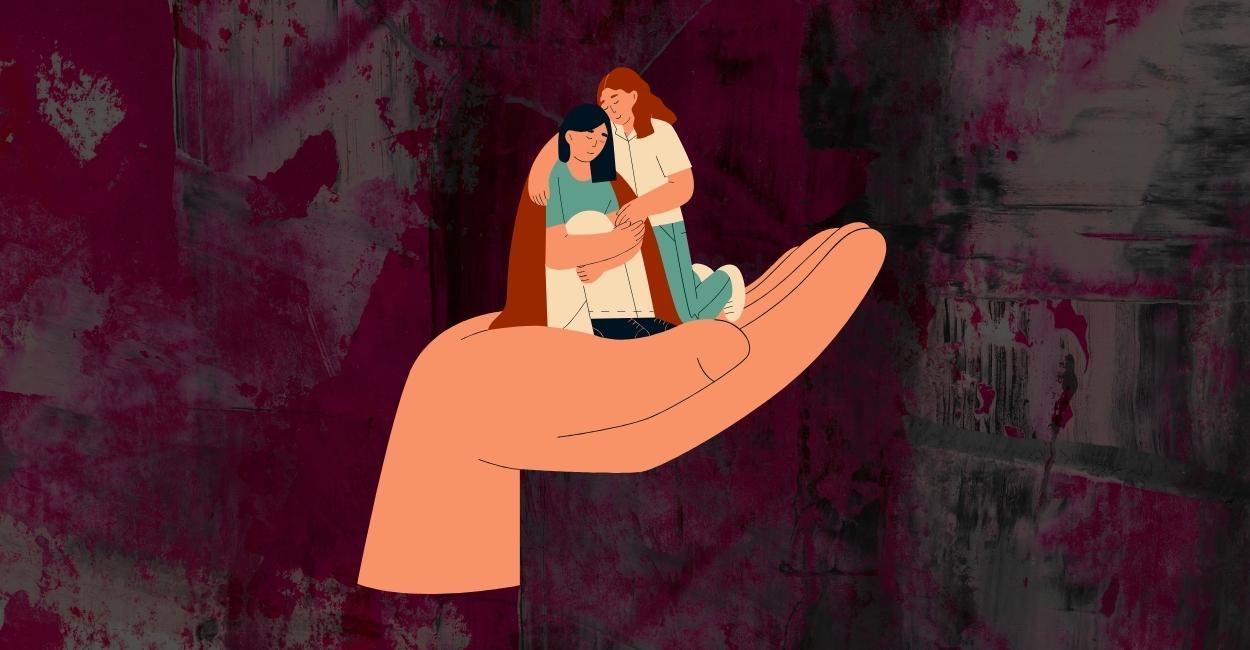
Do you struggle with certain friends because of their lack of boundaries? Do you feel that you are the one putting all the effort and the other person is just reaping the benefit? If your answer is yes to these questions, you might be in a codependent friendship!
Friendships are supposed to be a safe space you share with someone; friends are your emotional support and pick you up when you fall. But what if your friendship with someone is costing you your peace and mental health? What sort of healthy boundaries should be imposed to ensure stable and long-lasting friendships?
Read on to find out more!
What Are the Prominent Codependent Friendship Signs?
Like any other codependent relationship, this friendship is one-sided. It is conditional and full of expectations. Manipulation, blame, guilt, rehashing the past—all these toxic elements belong to a codependent friendship and can take a huge toll on your mental health.
Let’s take a look at the prominent signs of a codependent friendship.
1. One person is the “needy” one
This person always needs to be rescued from difficult situations and is always in need of emotional support. Relationships are all about give and take, but in this case, you realize that you mostly do the giving.
2. Always feeling emotionally drained
When you always have to be there for your codependent friend in difficult times, it could be emotionally exhausting, and you might feel mentally drained.
3. You are always prioritizing your friend over yourself
You are rescheduling important appointments, and missing important events, just to be with your friend. Moreover, you always rush to care for your friend because they need you, no matter the time or situation.
4. It is becoming difficult to assert yourself
You may have difficulty declining an offer or canceling some activity that you planned together, despite you not being interested. You are unable to express your needs, and even if you do, you might feel guilty.
5. There are feelings of jealousy
If one friend gets closer to someone else, the other one has feelings of jealousy. The other person may feel completely threatened.
6. You are your friend’s primary emotional support
With them having no other friends or family to reach out to for support, you end up taking care of their every need and solving their every problem.
7. You let them make decisions for you
You are so codependent that you trust everything they say or believe and end up accepting any decision they make for you. Their life choices become your life choice, and you lose your individuality.
8. You have to hide your true self from them
In a real friendship, you can be your authentic self. In the case of a codependent friendship, you have to pretend to be the version of yourself that they like. You feel insecure that they might disapprove of you.
9. You either feel used or use them too much
Codependent friendship flows both ways. It could be either you giving too much or you could be the one taking too much from the other person.
10. There is too much reliance on the friendship
You both don’t believe in the world that exists outside of your friendship. There is limited contact with other people, and you rely too much on each other.
How to End a Codependent Friendship?
Now that you know the behavioral patterns of a codependent friendship, let’s explore ways to end such codependent friendships.
1. Understanding what a codependent friendship looks like
Codependent friends have difficulty setting boundaries. So, the earlier you accept that you are in a codependent friendship, the easier it will be to deal with it.
2. Talk to your friend about boundaries
It might be possible that even your friend might not be aware of this phenomenon. So, it’s better, to be honest with them and talk about healthy boundaries and giving each other space.
3. Take care of yourself
Start catering to your own needs first rather than always rescuing your friend. Remember, your cup needs to be full before pouring it out. Take some time to recharge, take a break from the friendship, and focus on yourself and the things you like.
4. Identify what you’re losing in this friendship
Think about it—Are you losing your mental peace? Is this friendship affecting your job and your other relationships? If the answer is yes, you need to start prioritizing. Talking to your friend and setting some tough boundaries would be best.
5. Communicate honestly
Tell them what’s bothering you. Let them know your mental peace is at stake. Also, inform them that your spouse has had a tiff with you because of them. Be open and honest, and be direct in your communication. If they are your true friends, they will understand.
6. Seek professional help
If nothing seems to be working, it’s always better to seek professional help and find concrete solutions.
7. Know when to end the friendship
If you have tried everything and all methods fail, just like with any relationship, it may be the time to pull the plug. It is better to end things amicably and move on. Accept the fact that sometimes things don’t work out, no matter how much effort you put in.
How to Stop Being a Codependent Friend?
Co-dependent friendship is a two-way street. It could be you or your friend, or even both, who could be toxic and need solutions. So, how does one stop being a codependent friend? Let’s find out!
1. Know your self-worth and work on it.
2. Set proper boundaries in the friendship. Know when help is too much help. Learn to say no.
3. Analyze your past and don’t repeat the mistakes that you have made.
4. Don’t be in denial. Accept that you are or were in a codependent friendship and work on it.
5. Detach from the friend if they are too toxic and affecting your mental health tremendously.
6. Find supportive people to help you escape this situation.
7. Determine what your core values are and respect them. Don’t change them for the sake of your friend.
8. Resist the urge to fix, control, or save everything in your friend’s life. Let them find their own path.
9. Prioritize your own growth. Focus more on your work and hobbies. Reflect daily and schedule for your hobbies or passions weekly.
10. Care for yourself. Try positive self-talk.
11. Grow a thicker skin and get out of uncomfortable situations. Healthily deal with criticism and negativity.
12. Take emotional breaks. When you feel overwhelmed, remove yourself from that situation and do something else that makes you feel calmer.
13. Help someone only when they need it or ask for it. It is great to be helpful, but always being out there can be emotionally draining.
14. Spend some time meditation or out in nature to get closer to your own self. This will ensure that you reflect on your growth and your dynamics with others.
Closing Thoughts
Being in a codependent friendship is difficult and emotionally exhausting. We all have been there! Remember that being co-dependent is not good for you or the other person. It slowly leads to toxicity and negativity in the friendship and not to mention over-reliance.
Understand your needs and connect with yourself first. Keep communication with your friend honest and open. Agree upon things mutually and set proper boundaries and work on them together. This will ensure a thriving and stable friendship.



